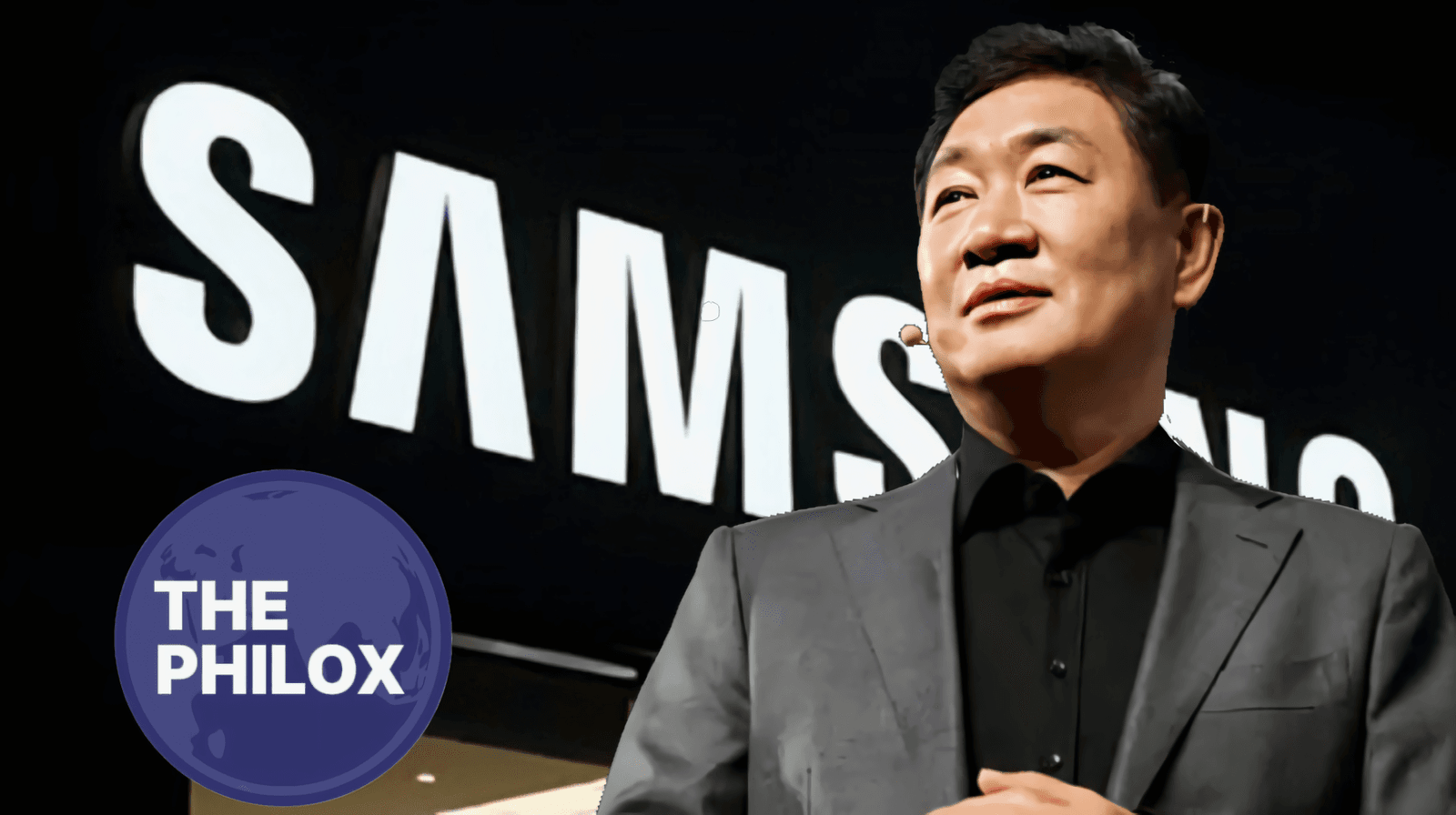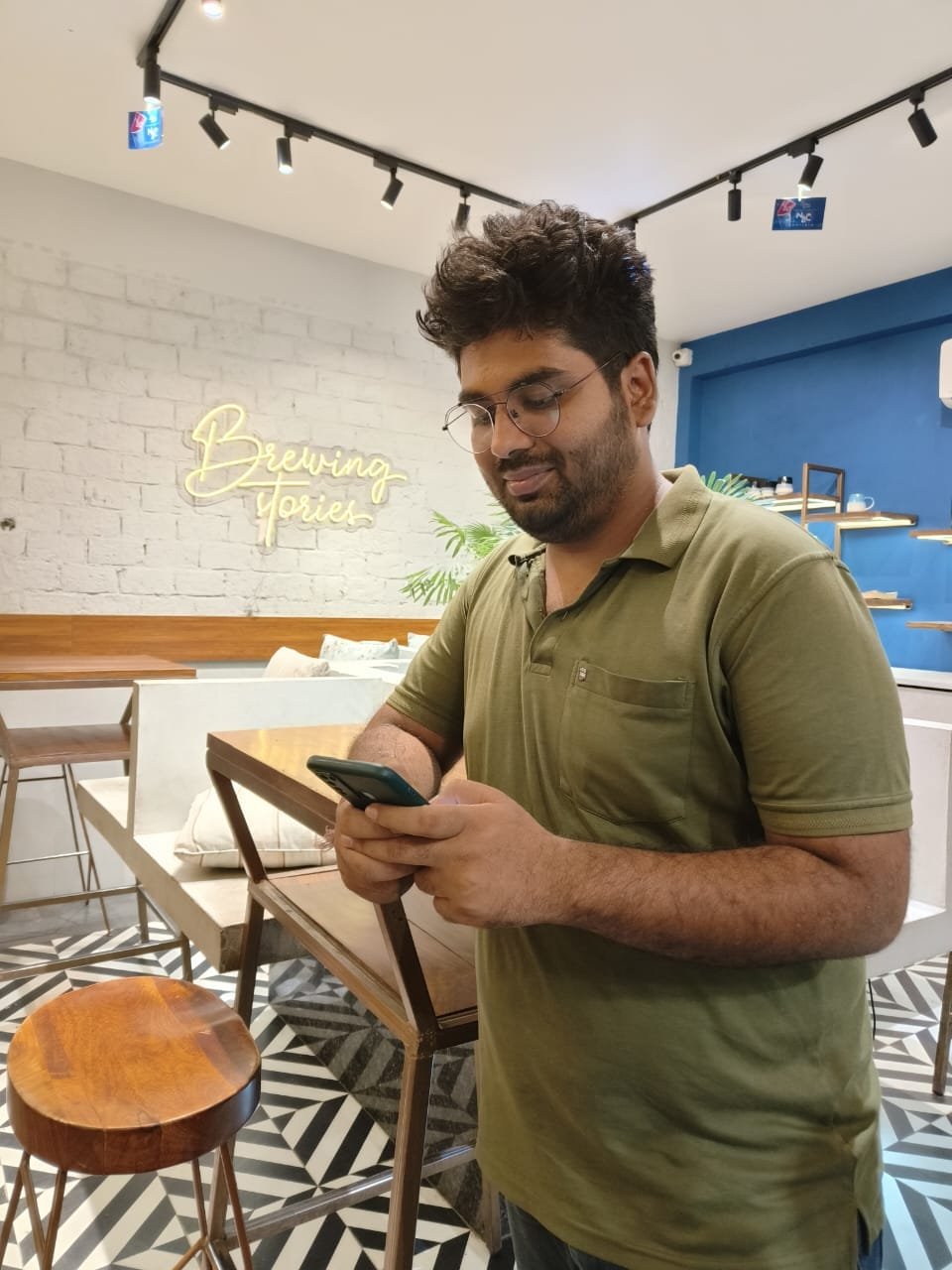
The world was shocked on March 25, 2025 by the unexpected death of Samsung Electronics co-CEO Han Jong-hee The South Korean technological behemoth verified the news by means of an official statement sent to AFP, disclosing that Han passed heart arrest aged 63 while under medical care.
Han’s death followed a protracted period of overworking that seemed to have seriously affected his health, a pattern that had been evident for some time.
An arduy of work and the toll it takes on his health
Having spent almost four decades as a vital member of Samsung, Han Jong-hee was renowned for his fierce commitment to his work. Those close to him claimed he kept a strict work schedule and sometimes put in 15 to 16 hours daily.
Speaking in a March 2025 interview with the Chosun Ilbo, a close friend acknowledged that Han’s habit of nearly always fixating on his laptop and mobile devices became a trademark of his leadership.
Meetings, planning sessions, and supervising of Samsung’s core divisions—including its well-known TV and mobile companies—absorbed his days.
His overindulgence in digital screens, which took a significant physical toll, aggravated this constant job load. Early 2025 saw a private medical report released to Yonhap News showing Han had a neurological condition identified late 2023.
The disorder was connected to extended screen time and the great pressure his body endured from overworking. The report claims that Han had been experiencing nerve discomfort and regular migraines, mostly in his hands and neck.
The many hours he spent working on electronics most certainly had a bearing on these symptoms.
The Neurological Disease and Its Escalation
Han’s health had clearly declined by the beginning of 2025; insiders at Samsung claimed he was suffering with extreme neurological agony.
It became clear as the condition of the co-CEO worsened that the suffering was not only chronic but also progressively incapacitating. Han worked nonstop despite his worsening condition, frequently pushing through the pain with drugs.
His capacity to operate at full capacity seemed to be directly affected by the escalation of his symptoms.
Although Han suffered extreme nerve agony in the few months before his death, Samsung sources said he still took important business choices and pushed for ambitious future plans.
His demanding work schedule combined with the neurological condition produced a perfect storm that many feel helped explain his early demise.
Han attended a late-night conference in Seoul with top Samsung officials on the night of March 24, 2025, to talk over continuing projects and the company’s future course.
Han apparently went back to his house after the conference and suffered a sudden heart attack.
Though attempts were made to bring him back, he died not long later. Published to Reuters, a statement from a top Samsung executive stated that Han’s death followed the conference and was ascribed to the extreme physical strain he had been under over the preceding months.
Leader Han at Samsung
Starting his career with Samsung in the mobile sector, Han Jong-hee had worked with the firm since 1988. Particularly in its television and mobile divisions, he became a major player over time in determining the success of the business.
Samsung became among the biggest producers of consumer electronics worldwide thanks in great part to his direction.
Assumed in 2022, Han’s most recent co-CEO position put him in charge amid a pivotal junctur for the business.
In the fiercely competitive mobile phone, television, and semiconductor sectors, he was instrumental in increasing Samsung’s market share.
Samsung made great progress in including artificial intelligence (AI) into its products under his direction; this development was especially crucial given the company’s mobile and television advancements.
Han was also a visionary leader; his last public appearance on March 20, 2025, at Samsung’s shareholders’ conference, underlined his dedication to the company’s future.
Han seemed obviously tired during the conference, and his face showed the effects of the several months of overworking.
He was adamant in his goal, though, guaranteeing that Samsung will keep ahead in the cutthroat consumer electronics industry by continuing to advance with its AI integration plans.
Samsung’s Effect on His Death
Han Jong-hee’s untimely demise has left Samsung in great emptiness. Among the most seasoned and powerful CEOs in the industry, Han was thought to be the reason Samsung dominated the worldwide electronics market.
The strategic orientation of the corporation was greatly influenced by his leadership, so his death begs issues concerning the company’s future course particularly considering the uncertainty about the choice of a successor.
By March 25, 2025, Samsung had not yet made any official announcements about a Han replacement. The business has stayed quiet on this issue, and industry watchers are intently observing for any indication of leadership structure change.
The death of Han leaves a crucial void in the top leadership, and many people are asking who will inherit his legacy.
Though Han’s work ethic and commitment to Samsung’s success were unmatched, his death also reminds us sharply of the negative effects that overworking can have on a person’s health.
Han allegedly clocked almost 5,000 hours annually on devices in the years before his death, an astounding figure that matches his unrelenting approach to work.
It is thought that his early death was directly caused by his neurological disorder and continuous technological involvement.
Hann’s Legacy
The reputation of Han Jong-hee as a tenacious innovator who helped Samsung become a worldwide consumer electronics powerhouse surely will last.
But his death also serves as a warning about the perils of too much effort and the need of giving health top priority in the search of achievement.
Clear emphasis on innovation defined Han’s leadership, and his unrelenting quest of excellence propelled Samsung’s success in many spheres. Still, his narrative emphasizes the need of keeping a balance between career aspiration and personal welfare.
It is obvious that Han’s influence on Samsung and the technology sector globally will be felt for years to come as the globe works through the death of a visionary leader.
But his passing also starts meaningful discussions about the challenges leaders in the fast-paced world of corporate innovation endure, where the demands of the career can occasionally sacrifice personal health.
Following the death of Han Jong-hee, Samsung not only has to choose a qualified successor but also has to make sure that its next leaders consider the need of work-life balance in preserving long-term success.








